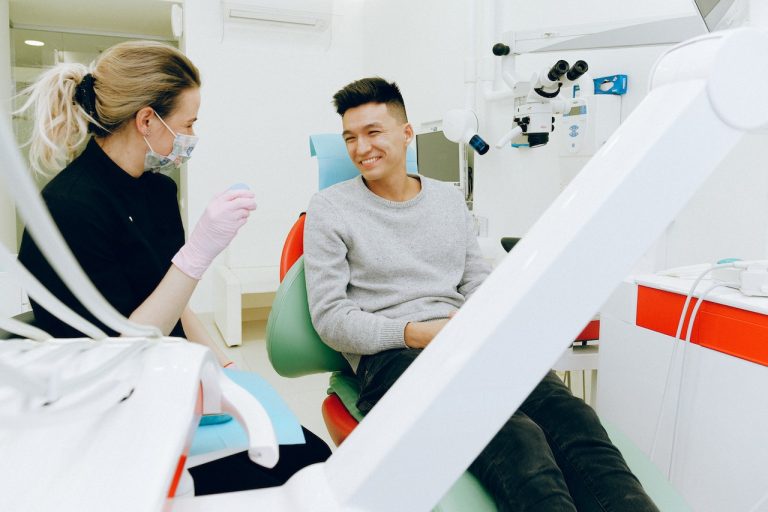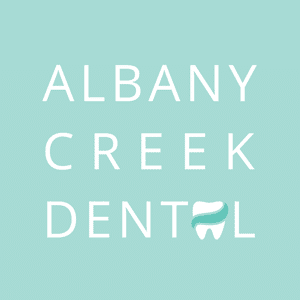
When an accident occurs, it can be difficult to know when it is necessary to wait and see your regular dentist, head to the hospital emergency room, or when to seek out emergency dental services. There are specific signs that can occur during or after an accident which are clear indicators that you should be seeking emergency dental care.
Dental trauma is one of the more common problems which requires emergency dental care. This includes knocked out teeth, teeth that are significantly loose, or severe bleeding because of physical trauma to the teeth and gums. These scenarios require emergency dental care. Make sure the patient is as comfortable as possible without providing any pain medication. In the tooth is missing, retrieve the tooth, but avoid touching the roots and place in milk or contact lens solution for transport to the dentist as it is important the tooth does not dry out. Alternatively, the tooth can gently be placed back into its socket, and the patient can bite down gently on a cloth to keep it in place during transport to the dentist. If a tooth is loose, make sure the patient keeps their mouth closed to keep the tooth in place as much as possible during transport to the dentist.
Severe toothaches that cause significant, unbearable pain will also require emergency dental attention. In these cases, the patient should rinse their mouth with warm water to remove any remaining food or debris first. If there is any significant swelling or irritation, a cold compress can also be used to attempt to alleviate symptoms and pain, by placing it on the outside of the check at the location of the swelling or pain. In these cases, some over the counter medications can be used such as ibuprofen or paracetamol to try and relieve some of the pain, but it is important not to apply any topical medications to the gum or the teeth. If the pain medication is not showing any results after an hour, it is time to get in contact with your local emergency dental centre.
- Read More: COSMETIC DENTISTRY: AN OVERVIEW
- Read More: WHY STARTING DENTIST VISITS AT A YOUNG AGE IS IMPORTANT
Abscesses and pus are signs of infections that can occur within the tooth or on te gums, and can also be a sign of trauma to the tooth. Abscesses are more difficult to identify, but have man possible symptoms that indicate a serious infection which requires immediate care. This includes pus in the mouth, red and swollen gums and face, difficulty or pin swallowing or opening the mouth, swollen lower jaw, as well as nausea and vomiting. These abscesses can also cause extreme pain for the patient. Because these infections can vary significantly, it is important to contact your local emergency dental and describe the symptoms and their severity. Depending on whether the infection has spread beyond the mouth region, they may direct you to visit an emergency dentist or head to a local hospital’s emergency room.
If you find yourself in a situation of needing emergency dental care, the first step is to call your most local emergency dentists. The best place to find this information is online, however you can also contact your local hospital as they will also have this information. In the meantime, it is important to make sure the patient is comfortable. If they are not bleeding significantly, keep them in a seated or lying position and prevent them from moving their jaw and mouth as much as possible to prevent further damage. If the patient Is bleeding significantly, try to get them to lean forward or if they need to lay down make sure they’re on their side to prevent choking hazards. If they are bleeding severely and in severe pain, it may be nest to first call an ambulance or bring them to the nearest hospital emergency room before considering emergency dental. It is important that before reaching dentist, the patient is not given any pain killers or other medications, as this may interfere with certain procedures, medications or anaesthetics the dentist thinks is most appropriate for the situation and inhibit or prolong important care.
- Read More: Teeth Whitening: BRIGHTEN YOUR SMILE
- Read More: HOW LONG DOES A TOOTH CLEANING TAKE?
When you are unsure of the action to take regarding seeking emergency dental care, get in contact with your local emergency dental centre, or your local hospital to describe the symptoms, as they will be able to provide you with the best options for care.
